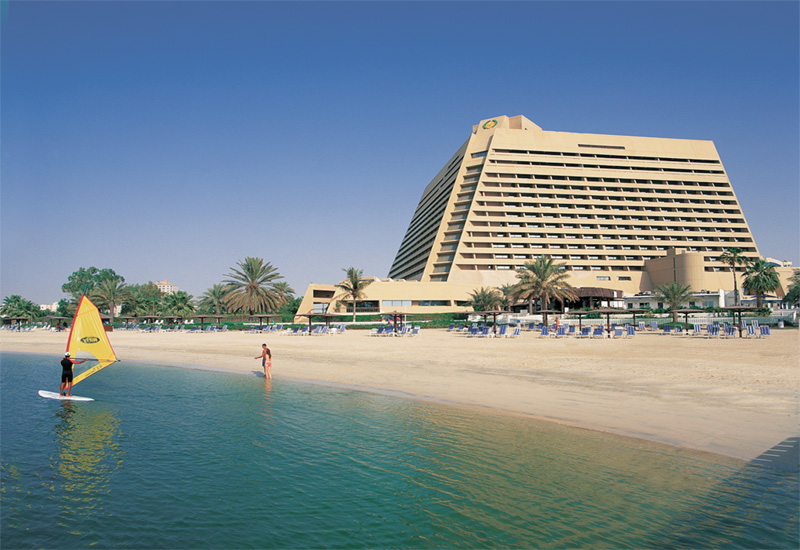Rezidor officially launched its Think Planet initiative in September, with the aim to cut its global energy use cut by a quarter. We find out why, how and what the results have been so far
With its Scandinavian roots, some people may overlook Rezidor’s grand announcements of energy efficiencies and schemes to cut carbon emissions, thinking it is somewhat expected.
However, no-one can ignore the great strides being made by a company that has launched a programme to cut its energy use by 25% globally in five years.

| Advertisement |
The Think Planet programme officially launched in September, but was initially announced internally in January, with staff training videos and documents sent out in April to properties across the world.
The first stage in the process was to achieve Green Key’s eco-label – something all 31 of Rezidor’s Middle East properties have done, with any new property set a six-month target to achieve the goal.
Rationale and Objectives
At the launch in Dubai, Rezidor’s director of responsible business Inge Huijbrechts explained the background to the initiative: “Just to put things in perspective, the Rezidor Hotel Group, with our 330-plus hotels in operation, we consume 1.1 terawatt hours each year.
Our savings over five years will be 830 gigawatts, which is 1.5 times the consumption of all households in Iceland, so we will be making an enormous difference by reducing this energy consumption.
“Tourism is a very important industry globally but sometimes not recognised as such. It represents 9% of GDP worldwide and it is expected to grow 4% each year according to figures from the World Travel and Tourism Council,” says Huijbrechts.
More startling still, she adds that according to the research and assuming business as usual, energy usage within the tourism sector will double by 2050.
Huijbrechts explains that over the five years prior to the launch of Think Planet, the Radisson Blu brand cut its overall energy consumption by 5.5%, while Park Inn by Radisson slashed consumption by 12.5%. However, with the economic crisis, owners weren’t as willing to invest in new energy-cutting technologies, and the company’s efforts “were stagnating”.
Article continues on next page ...









 Search our database of more than 2,700 industry companies
Search our database of more than 2,700 industry companies









